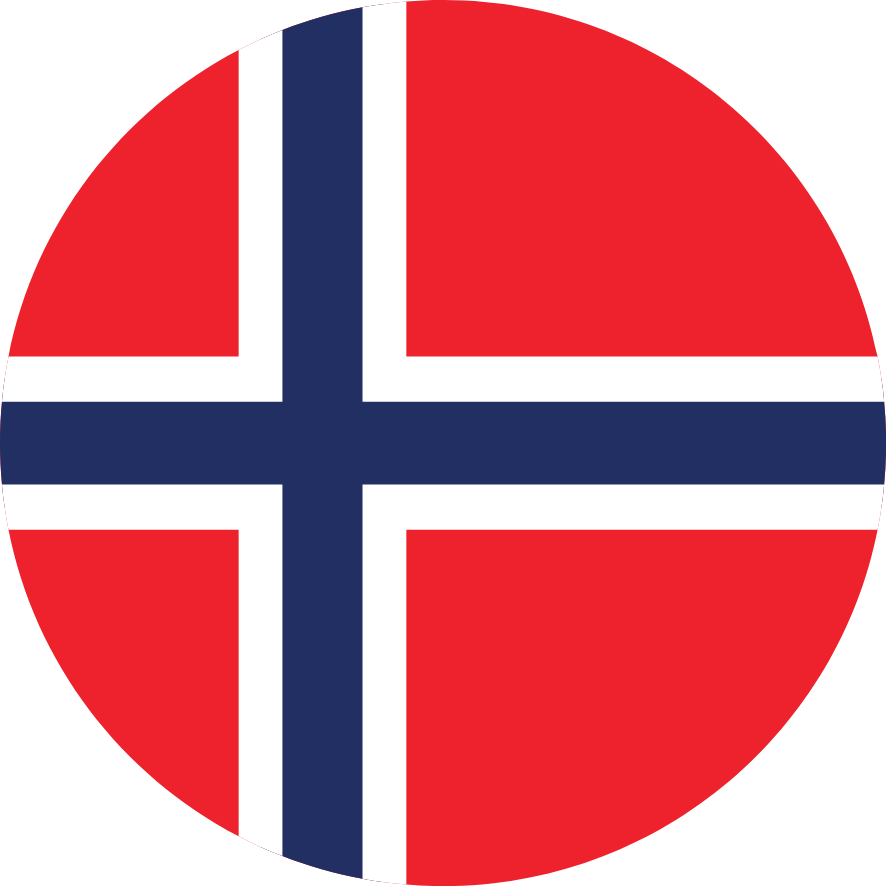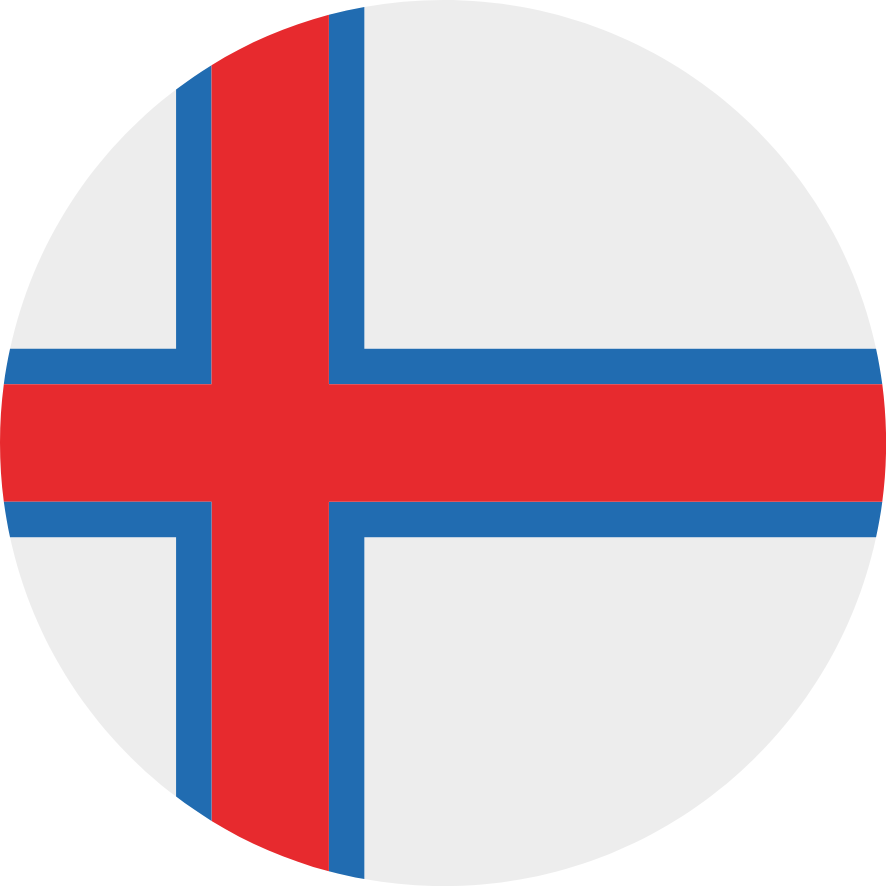Contact
Get in touch with the ENFORCE project team.
Project Coordinator
Prof. Rajnish Calay UiT- The Arctic University of Norway Department of Building, Energy and Material Technology Narvik, Norway
UiT- The Arctic University of Norway, Department of Building, Energy and Material Technology
The Faculty of Engineering Science and Technology performs research and industrial works focused on applied engineering and technology development, including environmental engineering which includes water quality identifying various pollutants relating to mining waste and coastal waters and waste water technologies. The ecological research is world class when it comes to both terrestrial and aquatic ecosystems with focus on freshwater and marine

School of Engineering, University of Ireland, Galway
NUI Galway is an internationally renowned university which conducts national and international research and also teaching activities. The research group involved in this research are part of the Ryan Institute at NUI Galway that has a number of dedicated core research facilities for supporting this research, including: (1) Chemical Monitoring Facility; (2) Carna Aquaculture Research Station; (3) Carron & Finnavara Ecological Field Stations; and (4) Mace Head Climate Facility.

Arctic Experts
Arctic Experts AS is a clean tech. innovation company. In this project Arctic Experts will carry out water footprint, and sustainability analysis of wastewater provisions in the Norwegian context. He will assist partners in this analysis in other regions. AE will map circular economy scenarios in all partner regions. In addition to this AE will conduct socio-economic, socio-technological, life cycle, and sustainability analysis. AE will also conduct business case studies to transform the wastewater plants into resource recovery plants and identify the value chain which this transformation will shape. Arctic Experts ieads Work Package 3 and will participate in other Work Packages.

The Environmental Agency
The Environment Agency is a subsidiary of the Ministry of Environment, Industry and Trade. UEA overseas the Faroe Islands’ implemented agreements that fall within the Agency’s domain. In addition, UEA is participating in a variety of Nordic and international cooperations, R&D and innovation projects. UEA is an active force for solutions for sustainable development and has for many years been active in the work of sustainable development and changing and reshaping the Faroese energy system. UEA will help to maximise the impact of the project and provide access to information of wastewater practices and the technologies used, energy consumption, environmental indicators of land and water pollution relating to wastewater management. UEA has a long-standing collaboration with the Faculty of Science and Technology at UFI in many projects related to environmental protection and renewable energy. This close collaboration will continue.

University of the Faroe Islands
UFI will act to support the Environment Agency in its activities within the project. UFI is the foremost knowledge centre in the Faroe Islands serving the evolving needs and priorities of the Faroes and their wider region.

Narvik Sustainable Technologies AS
Narvik Sustainable Technologies (NST) works to promote the efficient and sustainable utilisation of energy and natural resources including water and recycling of materials to ensure sustainability. NST provides technical consultancy in engineering design of processes and products. NST will provide support working closely with UiT to bring together industries and small businesses in the region for a greater understanding of the requirements of small companies and concerns of the local community.

Inter-municipal political council for Lofoten
Lofoten Green Islands 2030 is the name of the growth strategy leading up to 2030. The strategy highlights the six defined program areas for development in and around Lofoten as a region. The goal of Lofoten Council is to make cooperation between the municipalities stronger to achieve net zero emissions development in the Lofoten region. The roadmap is governed by the premise that it provides opportunities and support for the Green Shift, i.e. green restructuring and local green value creation, through coordinated efforts and cooperation. It aims to minimize the barriers that slow down the Green Shift, making it easier to choose green solutions for the future.

